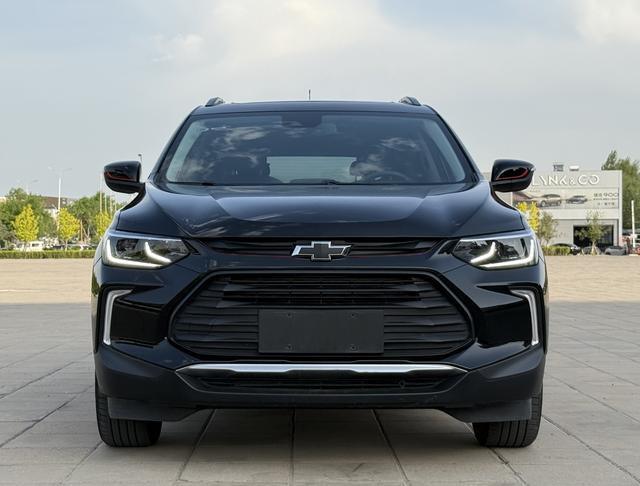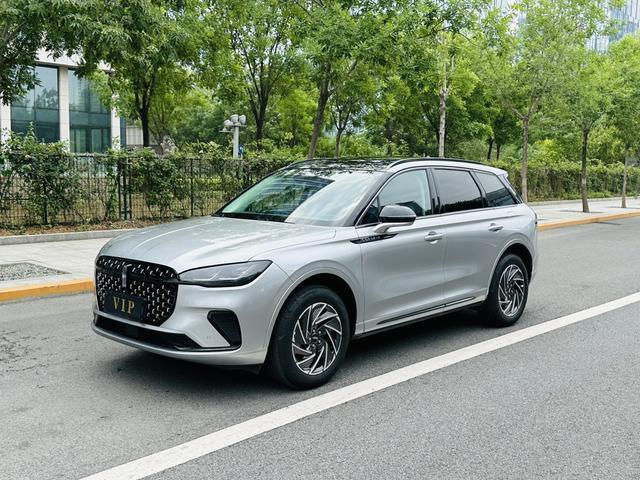electric cars
Electric cars represent a revolutionary advancement in automotive technology, offering a sustainable and efficient transportation solution for modern consumers. These vehicles operate on electricity stored in rechargeable batteries, eliminating the need for traditional fossil fuels. The core technology centers around advanced electric motors and sophisticated battery management systems that deliver instant torque and smooth acceleration. Modern electric vehicles feature cutting-edge amenities including regenerative braking systems, smart charging capabilities, and advanced driver assistance technologies. The vehicles typically come equipped with high-resolution touchscreen displays that provide real-time information about range, battery status, and charging station locations. Many models incorporate smartphone integration, allowing users to monitor and control various vehicle functions remotely. The charging infrastructure continues to expand, with options ranging from home charging stations to rapid-charging networks along major highways. These vehicles demonstrate exceptional efficiency in urban environments, where stop-and-go traffic actually helps regenerate battery power. The technology continues to evolve, with newer models offering increased range, faster charging times, and enhanced performance capabilities that rival or exceed traditional combustion engines.


